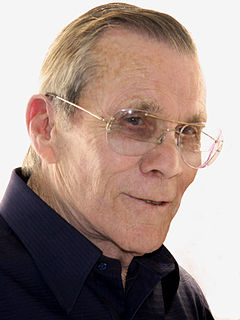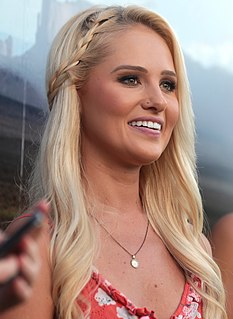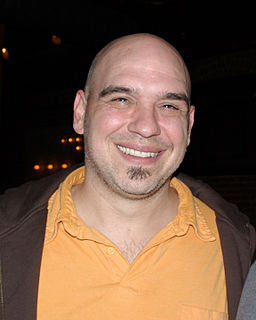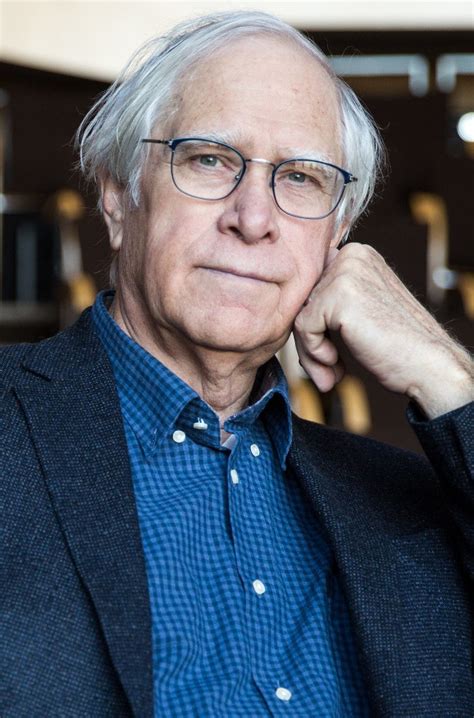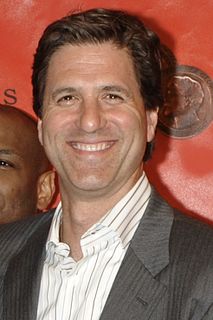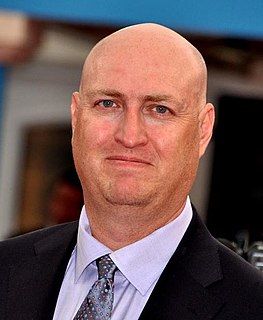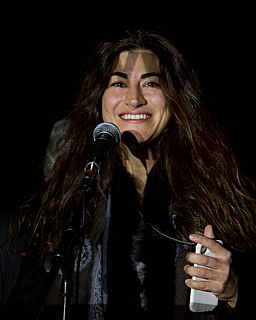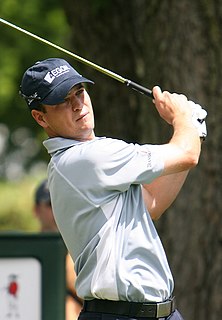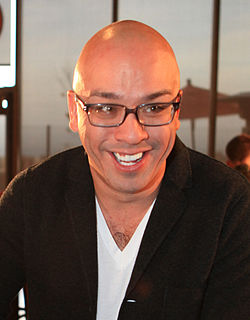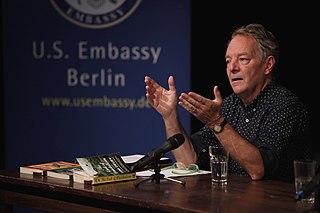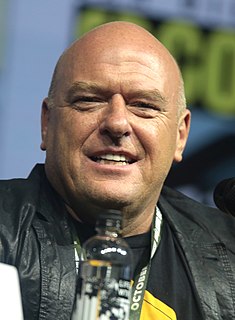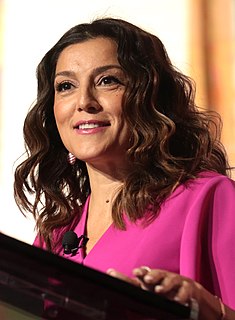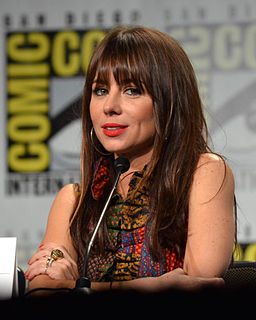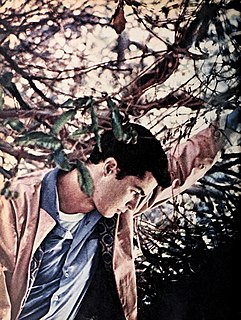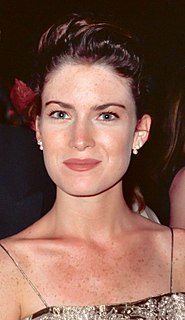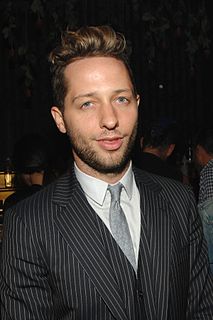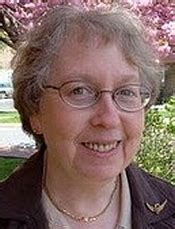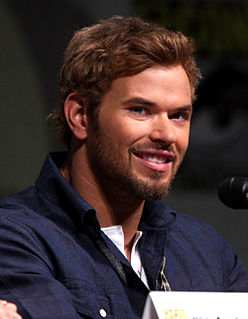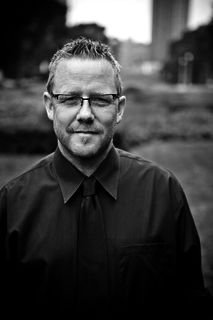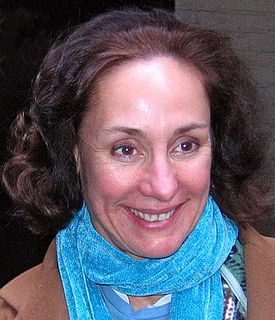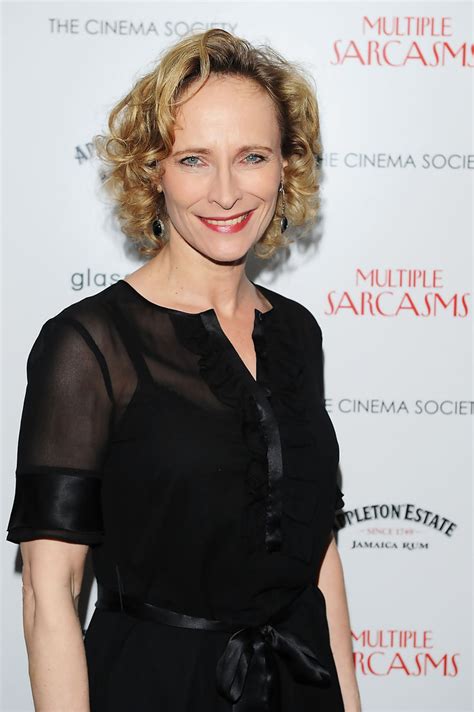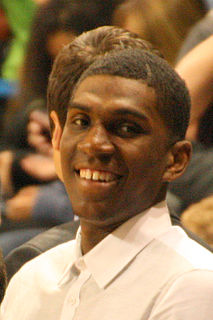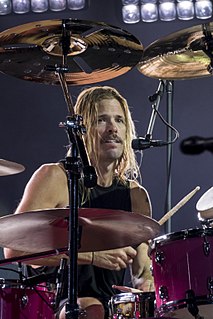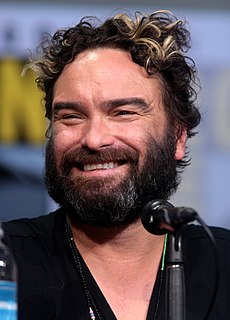Top 263 Midwest Quotes & Sayings - Page 4
Explore popular Midwest quotes.
Last updated on April 16, 2025.
It is critical to develop a biofuel industry powered by feedstocks produced in every corner of the country, in addition to the Midwest. That is why USDA has established five regional research centers working on science necessary to ensure profitable biofuels can be produced from a diverse range of feedstocks.
I myself was born beside a river - the Avon in Sarum. So when I first encountered New York's great harbor and the Hudson River as a teenager, and came to understand their historic canal and railroad links to the vast spaces of the Midwest, I felt both the thrill of a new adventure and a deep sense of homecoming.
When you have an American mother from the Midwest and an Egyptian father, you travel back and forth and see such completely different stories in the news about the exact same events. It makes you think, 'How is anybody able to understand or even have a dialogue when the basis of information is just so completely different?'
There was [ in New York] - some of it was this perception of the Midwest that I realized in this multicultural city that - and I don't think it's as true as it was - but everyone was kind of like, what, are you Jewish? Are you Italian? What are you? You know, are you black? Are you da-da-da? Are you Puerto Rican? And so I ended up - my ethnic identity was Midwestern, was white bread. And so it informed a lot of my stand-up.
I go back to a very specific aspect of the Midwest - small towns surrounded by farmland. They make a good stage for what I like to write about, i.e., roads and houses, bridges and rivers and weather and woods, and people to whom strange or interesting things happen, causing problems they must overcome.
I pitched the idea to FX that there's this larger 'Fargo' universe where there's true crime in the upper Midwest, and I can tell stories from any era of that. Maybe they connect to the first season or the movie, or maybe they don't. It's just a style of storytelling. We're under the auspices of being a true story that isn't true.
When candidate Donald Trump ran for the highest office in the land, he promised to fight for forgotten Americans. In the presidential election of 2016, the forgotten Americans of the Upper Midwest and the coal country of Kentucky and West Virginia, many of them life-long Democrats, delivered a decisive win for this first-time Republican candidate.
I grew up in the Midwest, and I was a short, fat, little Jewish kid... but it was just different. People didn't understand, so I had to deal with it. One day, I physically dealt with it, and it never happened again. I'm not saying that's the way to do it, but you have to stand up for yourself, period, end of story.
I'm sure that growing up in the Midwest played a role in my chronic escapism. In fact, before I lived in France, I lived in Japan, England, and Bulgaria. I was determined to experience other places and cultures, particularly because I had the perception that I'd been cut off from these experiences as a child.
I had an unusually large-sized head, though this was not uncommon for a baby in the Midwest. The craniums in our part of the country were designed to leave a little extra room for the brain to grow in case one day we found ourselves exposed to something we didn't understand, like a foreign language, or a salad.
I think about what movie I would like to see. I don't think of them as a correction or palliative. I certainly am irritated by anything that's shot in the Midwest and filled with these noble people. "Oh, they're so good, and they're so honest..." I'm not interested in that. I just think of what's right for a movie.
I'm the one not caring. I'm the one pretending the Earth isn't shattering all around me because I don't want it to be. I don't want to know there was an earthquake in Missouri. I don't want to know the Midwest can die, also, that what's going on isn't just tides and tsunamis. I don't want to have any more to be afraid of. I didn't start this diary for it to be a record of death.
Although he moved away from the Midwest for good at the age of thirteen, Ray Bradbury is a prairie writer. The prairie is in his voice, and it is his moral compass. It is his years spent in Waukegan, Illinois - later rechristened by Ray as 'Green Town' in many books and stories - that forever shaped him.
As we see dislocation and disruption in certain parts of the country, from rural areas to my home in the industrial Midwest, and in the economy, this leads to a kind of disorientation and loss of community and identity. That void can be filled through constructive and positive things, like community involvement or family.
Rock will never be dead for me. Do I like a lot of what I hear on rock music radio? No, not for the most part. I'm not a fan of the regurgitated Pearl Jam and Nickelback crap that's the biggest thing in the Midwest. There isn't that big of a market for rock anymore. Every once in a while something happens and you like it.
The thing about Chicago is that it really isn't like any other place. The architecture and the layout of the city are the best. I'm from the Midwest, and consider myself a Midwesterner. I feel most at home there. I love California. I have great friends in California. I just have always considered Illinois to be home.
In any democratic, civilized - even non-democratic nations, if you are a nation, it means to say that in our case, if there's a hurricane in Louisiana, the people of Vermont are there for them. If there's a tornado in the Midwest, we are there for them. If there's flooding in the East Coast, the people in California are there for us.
I was a huge theater geek growing up, and that was not the easiest thing in the world, especially growing up in Chicago, where sports are really the norm. I was always off to the theater at night, from 7 years old on. Friends there in the Midwest who could talk to you about the idiosyncrasies of 'Pippin' were few and far between.
The fact is that I write under duress, often in my bed, often at the last minute. I'm kind of a binge writer I would say, which I don't support. I was always kind of that way. Probably the time I was the most regular as a writer was college. It was like, what else is there to do when you're living in the Midwest studying creative writing?

